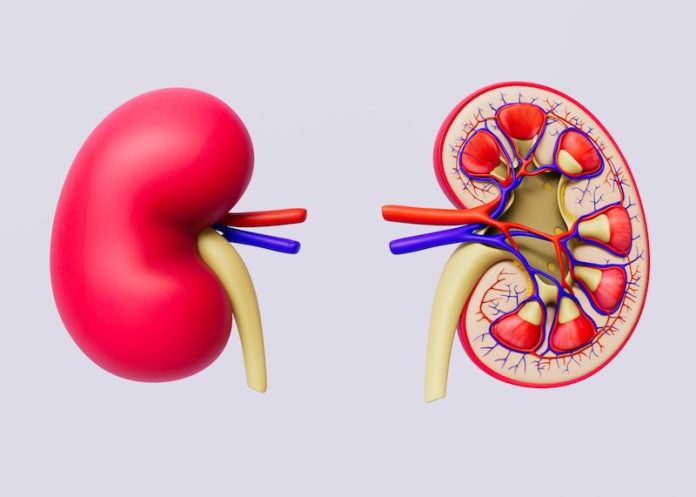
Rosuvastatin, a widely used cholesterol-lowering drug, has recently come under new scrutiny following a large study led by researchers at Johns Hopkins University.
While the drug is effective at lowering cholesterol and reducing heart disease risk, the study suggests that it may carry a higher risk of kidney damage—particularly when taken in high doses or by people who already have kidney problems.
Rosuvastatin belongs to a class of drugs called statins. These medications help lower levels of “bad” cholesterol (LDL) in the blood and are often prescribed to prevent heart attacks and strokes. Statins are generally considered safe, but they are not without side effects.
When rosuvastatin was first approved by the U.S. Food and Drug Administration (FDA), some early signs suggested it could cause problems in the kidneys. These included symptoms like blood and protein in the urine. Until now, however, little was known about how often these issues occurred in everyday use.
To investigate this, researchers examined medical records from more than 900,000 patients who started taking either rosuvastatin or another common statin, atorvastatin, between 2011 and 2019. The patients were tracked for three years to see how their kidney health changed over time.
The results showed that people taking rosuvastatin were more likely to develop signs of kidney damage than those taking atorvastatin. Specifically:
- They had an 8% higher risk of having blood in their urine.
- A 17% higher risk of developing protein in their urine—a common sign of kidney strain.
- A 15% higher risk of needing serious treatments like dialysis or kidney transplantation.
The risks were particularly troubling in patients who already had advanced kidney disease. Despite existing warnings, the study found that 44% of patients with kidney problems were still given high doses of rosuvastatin, which can worsen their condition.
This finding is important because both rosuvastatin and atorvastatin offer similar benefits for the heart. However, if rosuvastatin poses greater risks for the kidneys, especially at higher doses, it may not be the best choice for everyone—particularly those with poor kidney function.
If you’re taking rosuvastatin, especially in a high dose or if you have a history of kidney issues, this study is worth discussing with your doctor. Regular monitoring of kidney health—through simple blood and urine tests—can help detect early signs of problems.
It’s also important to remember that this was an observational study, meaning it looked at data from real-world patients rather than running a clinical trial. While the findings are significant, they don’t prove rosuvastatin causes kidney damage—but they do show a strong association that deserves further study.
All statins, including rosuvastatin and atorvastatin, can have side effects. The most common are:
- Muscle pain or weakness, which affects about 1 in 10 users.
- Liver effects, which is why doctors may test liver function when you start a statin.
- Digestive issues, such as nausea or gas.
- Memory changes or confusion, although this is rare.
- Slight increases in blood sugar, which can raise the risk of developing type 2 diabetes.
For most people, the benefits of taking a statin—especially for preventing heart attacks and strokes—far outweigh these risks. But finding the right statin and dose is key, especially for people with other health issues.
This new research raises important questions about the safety of high-dose rosuvastatin, especially in people with kidney disease. While statins remain a valuable tool in preventing heart problems, doctors may need to be more cautious in how they prescribe rosuvastatin and may consider alternative statins for some patients.
The study, published in the Journal of the American Society of Nephrology by Jung-in Shin and colleagues, is a step toward safer use of cholesterol-lowering medications. It highlights the importance of personalized treatment—choosing the right medication for the right patient—based not just on benefits, but on potential risks as well.
If you care about kidney health, please read studies about how to protect your kidneys from diabetes, and drinking coffee could help reduce risk of kidney injury.
For more information about kidney health, please see recent studies about foods that may prevent recurrence of kidney stones, and eating nuts linked to lower risk of chronic kidney disease and death.
Copyright © 2025 Knowridge Science Report. All rights reserved.



